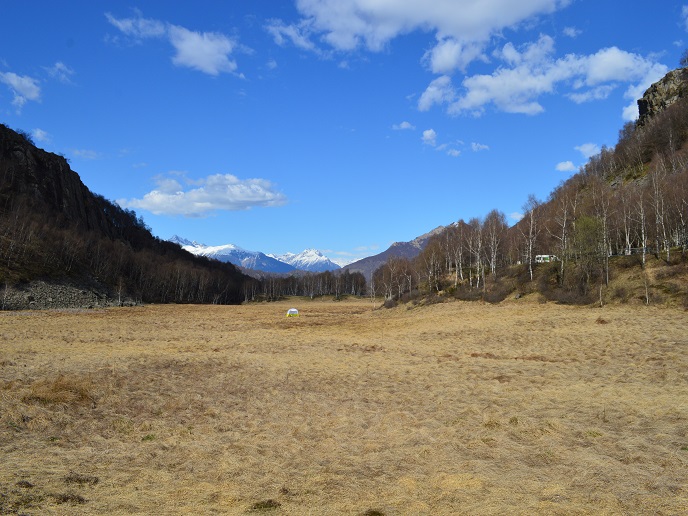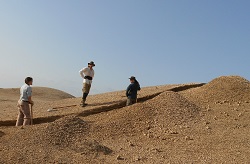Homo sapiens' resourcefulness and adaptability to climate change
There are three areas of current debate in North African prehistory. They revolve around three main questions: When did homo sapiens first colonize the region; how did the homo sapiens of the region cope with the Ice Ages; and why did hunting and gathering give way to crop cultivation and animal husbandry? In an effort to find answers, the EU-funded TRANS-NAP (Cultural transformations and environmental transitions in North African prehistory) project created a programme in Libya. Located on the northeast corner of Africa lying between the sea and the Sahara to the east of Benghazi, the study was comprised of archaeological fieldwork, science-based archaeology and environmental science. Three main components of the work included the re-excavation of the Haua Fteah cave, new fieldwork across the Gebel Akhdar and new studies of McBurney’s archive of finds held in Cambridge’s Museum of Archaeology & Anthropology. The new fieldwork was useful for investigating climate, environment, and human activity in the landscape and comparing it to the previous data. Results showed evidence for modern human presence in the cave possibly as early as 150 000 years ago. Also, modern humans coped variably with climate change, but more effectively over time. It was evident that people maintained the same foraging lifestyle until the global return of aridity. These findings will have important implications for understanding the development of behavioural modernity in Africa and Europe.







